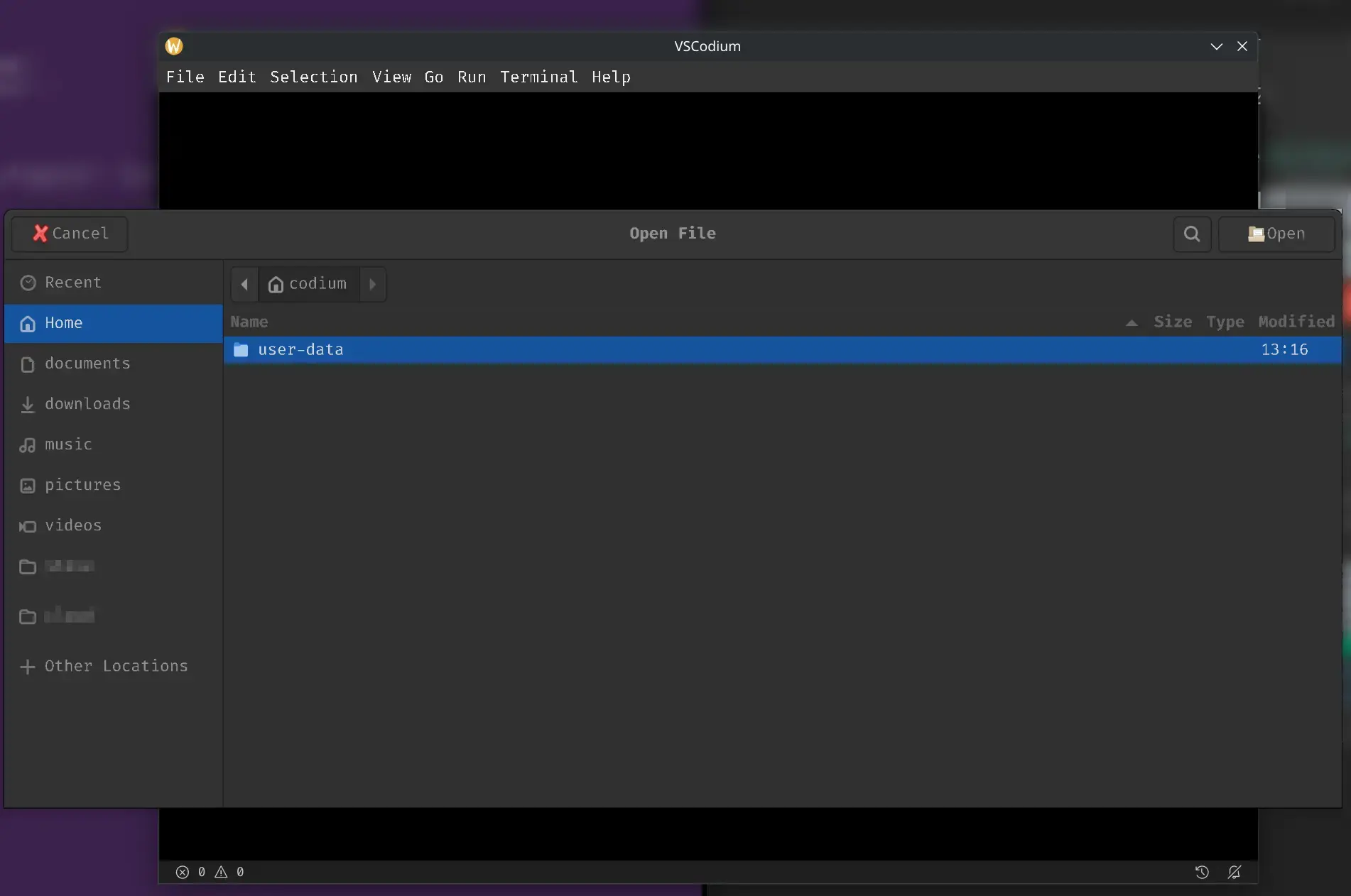I cannot agree.
I have very week, most frequently non-existent gender allegiance but I do know that there's a tonne of stuff that's odd about me and I often am offended or driven off by people who do things that simply don't work with my mind-set so I can well understand why being "misgendered" (sarcasm quotes: yours.) might just be a thing that drives someone else away.
I'm not here because I'm accepting "fault" upon myself. I'm here because I want to be part of a tolerant future and I feel that this is important given the trajectory straight into hell that we are clearly currently set upon. I'm here because I'd at least like to ask "why" before I decide how I will behave in relation to others.
I choose to live as if the world was one in which I'd choose to live and, in that world, people get to choose their identities however they please. I can't relate to why someone takes offence at "they"/"them" but, if they are offended, I can and will accept that and, conversely, I would wish that they might realise that I will surely make mistakes and get this wrong even if I do or did understand.
This is the only fair deal: I try in good faith, they understand and offer the benefit of the doubt.
I don't perceive any attention-seeking but that's besides the point. Even if they choose to seek attention, I don't begrudge them that: sometimes, people seek attention. Why should I object?
 What even is going on, there?
What even is going on, there?
I'm sure that dead-naming is far worse but would I be wrong to think that this lies in the same vein as dead-naming?
This is fascinating to me. I've never changed my name so I cannot have been dead-named but I do know how I feel when my family treats me in a way that denies the facets of my identity that I have accepted in my more recent adulthood – concretely: my neuro-diversity, because they don't know that I don't think of myself as binary.
Of course, these are not the same thing but people understand differences by bridging gaps based on common ground and all of this discussion builds common ground, in my mind. That's why I'm asking.